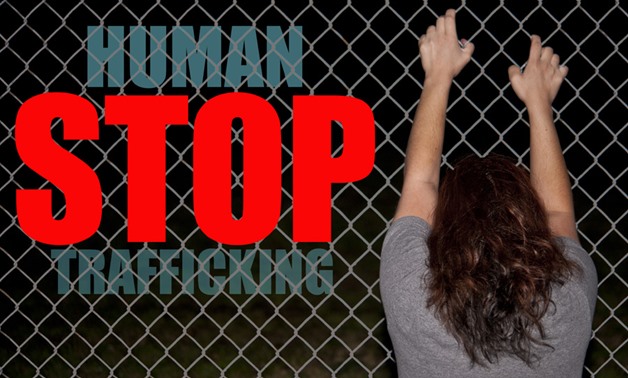
Human trafficking is a crime involving the exploitation of someone for the purposes of involuntary labor or a commercial sex act through the use of force, fraud or coercion. The Department of Defense began the Combating Trafficking In Persons Program in 2
CAIRO – 16 September 2019: A shoe shiner was arrested in downtown Cairo over alluring street vendors to sell their body organs in exchange for money.
The investigative unit at the General Security Directorate showed that a group of people were involved in human trafficking incidents, where poor citizens were exploited and convinced to sell their organs.
The unit has assured that the shoe shiner was a mediator in the human trafficking incidents cited, as he was spotted repeatedly speaking to needy people and street vendors in Dokki district.
One of the incidents occurred to a person who was convinced to sell his kidney for L.E. 20,000 ($1,221).
The shoe shiner admitted that he was previously accused and sentenced to prison terms in five cases, in which he was charged with stealing at transportation means and begging.
According to his confessions, the shoe shiner took the victim to an apartment in Al-Salam district where he underwent tests that showed that he was not fit for a surgery because he was infected with hepatitis C.
He was ordered detention to four days pending investigations.
In June, Member of Parliament, Mamdouh Husseiny, called for toughening the penalty for human organ traffickers to reach the death sentence. The current maximum penalty for human trafficking is life imprisonment for aggravated circumstances.
However, the possibility of a death sentence can be imposed when a donor or recipient dies in the midst of an illegal organ transplant operation.
According to a law implemented in 2017, a person who performs an organ transplant by force or deception faces a life imprisonment and pays a fine between L.E. 1 million ($56,000) and L.E. 2 million ($112,000). Hence, the operator could potentially be handed down a death sentence on the basis of manslaughter.
The maximum penalty was established back in a 2010 anti-trafficking law which criminalized labor trafficking and implemented the recommended penalties of 3 to 15 years of prison and fines. However, there is no law which explicitly addresses human organ trafficking.

Comments
Leave a Comment